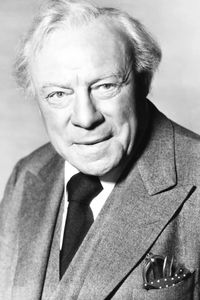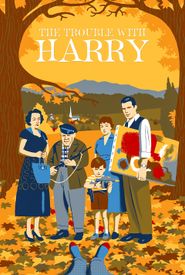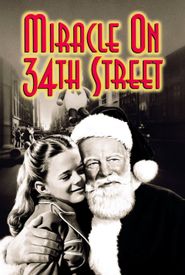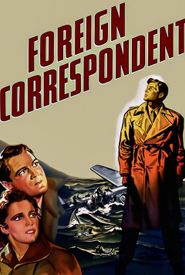Here is the biography of Edmund Gwenn:
Edmund Gwenn was born Edmund Kellaway on September 26, 1877, in Wandsworth, London. He was the oldest boy in his family and was groomed by his father to take a position of power in the British Empire. However, Gwenn had a mind of his own and was drawn to the stage, partly due to his admiration for the great English actor, Henry Irving. His father was opposed to his son's career choice, calling the theatre "that sink of iniquity" and predicting that Gwenn would end up in the gutter.
Despite his father's disapproval, Gwenn pursued his passion for acting and began his career on the English stage in 1895. He made his first appearance on the West End in London in 1899 and spent the next ten years working with stock and touring companies, gradually working his way up from small parts to juicier roles.
In 1904, Gwenn married Minnie Terry, the niece of the famous actress Ellen Terry, but the marriage was short-lived and ended in divorce. He then moved to Australia and acted there for three years before returning to London.
Gwenn's big break came when he was offered a leading role in George Bernard Shaw's play "Man and Superman" in 1905. He spent three years in Shaw's company, which he called "the happiest I've ever had in the theatre". He also appeared in plays by other notable playwrights of the time, including John Masefield, John Galsworthy, and Henrik Ibsen.
During World War I, Gwenn was conscripted into the British Army and served as a private, drawing supplies up to the front lines under fire. He was promoted several times and eventually became a captain.
After the war, Gwenn returned to the stage and made his first appearance in the US in 1921. He continued to work in both England and the US, appearing in numerous stage plays and films.
Gwenn's breakthrough film role came in 1947 when he played the role of Kris Kringle in "Miracle on 34th Street". His performance earned him an Academy Award for Best Supporting Actor, and he became a beloved figure on screen, particularly in roles that called for a kindly, eccentric character.
Gwenn continued to work in films throughout the 1950s, appearing in a wide range of genres, from comedy to science fiction. His final film was "The Rocket from Calabuch" in 1956.
Gwenn died on September 6, 1959, at the age of 81, after a long battle with arthritis and a stroke. His ashes were originally stored in a private vault at the Chapel of the Pines Crematory in Los Angeles, but were later moved to the Cathedral Mausoleum at Hollywood Forever Cemetery in 2023.












































































